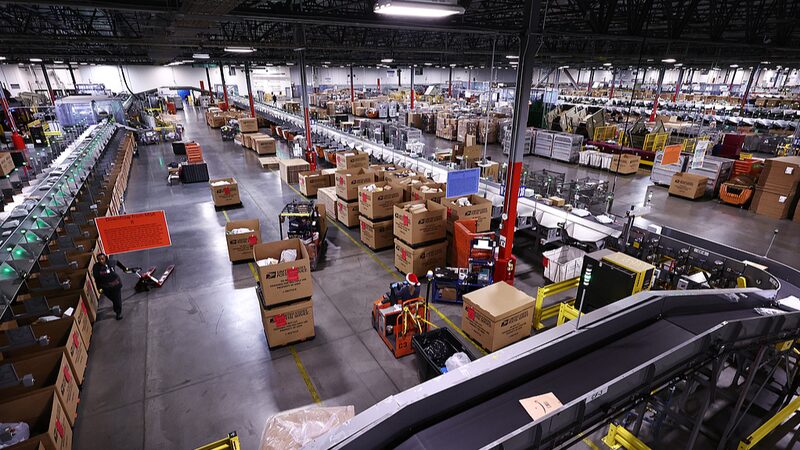In a significant escalation of the ongoing trade tensions, Canada on Sunday announced the imposition of 25% tariffs on U.S. products valued at C$30 billion. This move marks the first phase of Canada’s retaliation against U.S. President Donald Trump’s recent decision to apply matching tariffs on Canadian imports.
Canadian Finance Minister Dominic LeBlanc outlined the affected products, which include orange juice, peanut butter, wine, coffee, appliances, cosmetics, and paper goods. These tariffs are set to take effect on February 4, aligning with the implementation date of the U.S. tariffs on Canadian products.
Beyond the initial list, Canada has also declared plans to introduce tariffs on a second batch of U.S. imports valued at C$125 billion. This upcoming list will encompass passenger cars, trucks, buses, steel and aluminum products, various fruits and vegetables, aerospace items, as well as beef, pork, and dairy products. Before these tariffs are enforced, a 21-day public consultation period will be held to gather feedback.
The retaliatory measures follow a stern promise by Canadian Prime Minister Justin Trudeau to respond after President Trump announced the imposition of 25% tariffs on most Canadian goods and 10% on Canadian energy products. Trudeau has indicated that further non-tariff trade actions are under consideration, which may include restrictions on exports of critical minerals and energy products to the United States and preventing U.S. companies from bidding on Canadian government contracts.
The Canadian Chamber of Commerce has raised alarms over the economic repercussions of these tariffs, warning of a potential 2.6% decline in Canada’s real GDP. This downturn could translate to an average annual cost of 1,900 Canadian dollars per household. Similarly, the United States could face a 1.6% decrease in GDP, costing an average of $1,300 per household.
Reference(s):
cgtn.com




